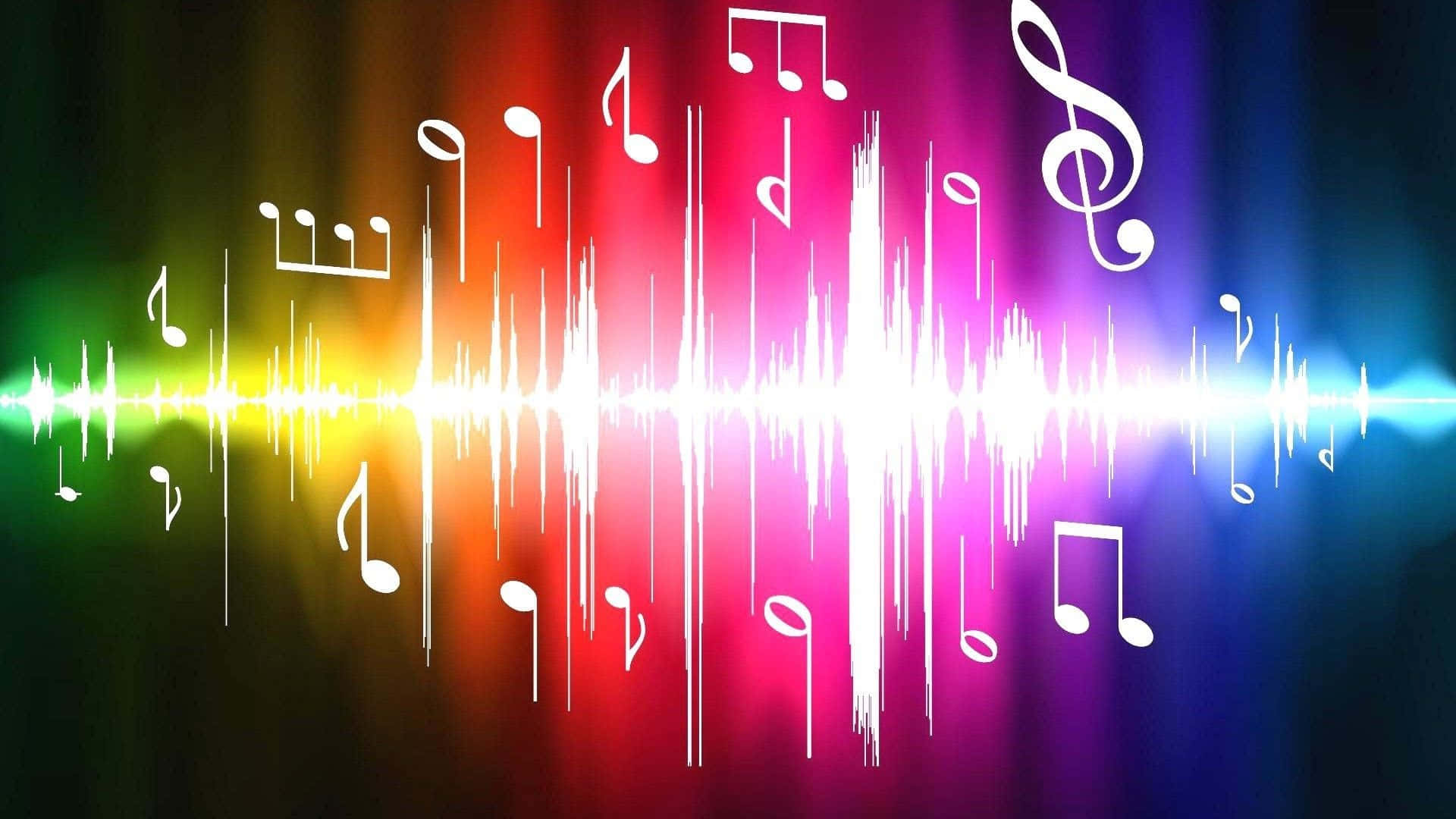Introduction: In times of joy and sorrow, celebration and solitude, music has been a constant companion, offering solace, inspiration, and a sense of connection to something greater than ourselves. Across cultures and generations, music has served as a universal language—a bridge that transcends barriers of language, culture, and distance to unite hearts and uplift spirits. In this article, we explore the healing power of music, examining its profound effects on the mind, body, and soul, and celebrating its ability to nurture, heal, and transform lives.
Soothing the Mind: One of the most remarkable aspects of music is its ability to soothe the mind and calm the spirit. Whether it’s the gentle strains of a classical symphony, the rhythmic beats of a jazz ensemble, or the ethereal melodies of a ambient track, music has a unique capacity to quiet restless thoughts, reduce stress, and induce a sense of calm and tranquility. Studies have shown that listening to music can lower levels of cortisol, the stress hormone, and promote the release of endorphins, the body’s natural feel-good chemicals, leading to a state of relaxation and inner peace.
Elevating the Spirit: Beyond its calming effects, music also has the power to elevate the spirit and uplift the soul. Whether it’s the soaring crescendo of a symphony orchestra, the infectious rhythms of a gospel choir, or the heartfelt lyrics of a soulful ballad, music has a profound emotional impact, evoking feelings of joy, hope, and inspiration. Music has the ability to connect us to something greater than ourselves—to evoke a sense of wonder, awe, and reverence for the beauty and complexity of life.
Healing the Body: In addition to its effects on the mind and spirit, music has also been shown to have therapeutic benefits for the body. From reducing pain and anxiety during medical procedures to improving motor skills and cognitive function in patients with neurological disorders, music therapy has been used to treat a wide range of physical and mental health conditions. Whether through active participation in making music or passive listening to recorded music, patients can experience improved mood, reduced symptoms, and enhanced quality of life through music therapy.
Fostering Connection and Community: Music has a unique ability to foster connection and community, bringing people together across boundaries of age, race, and culture. Whether through shared experiences at concerts and festivals, collaborative music-making in bands and ensembles, or collective singing in choirs and community groups, music has the power to unite individuals and build bonds of friendship and solidarity. Moreover, in today’s digital age, music has become a global phenomenon, connecting people around the world with the click of a button and providing a platform for cultural exchange and dialogue.
Conclusion: As we reflect on the healing power of music, we are reminded of its profound ability to nurture, heal, and transform lives. Whether soothing the mind, uplifting the spirit, healing the body, or fostering connection and community, music has the power to touch us on a deep and profound level. So, the next time you’re in need of solace, inspiration, or connection, why not turn to the universal language of music? You may just find the healing balm you’ve been searching for—a melody, a rhythm, a song that speaks to your soul and reminds you of the beauty and wonder of life.
